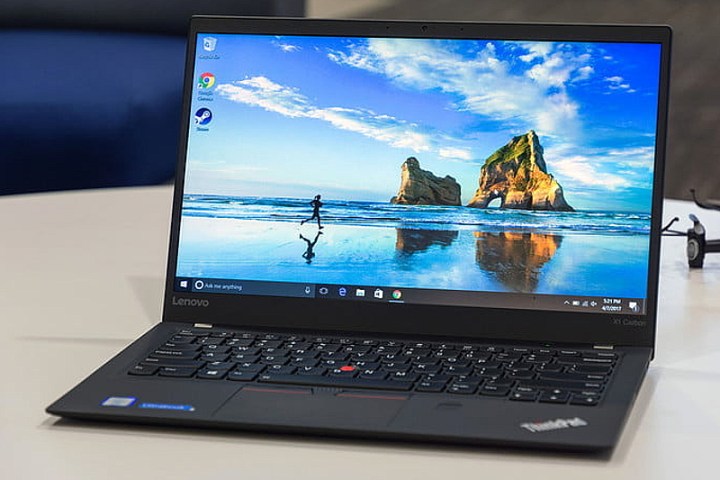
For starters, the FIDO Alliance is an ecosystem of devices and hardware on both ends of an internet connection for reducing the need to send sensitive credentials across the digital highways. There are two standards in the ecosystem, one of which is the Universal Authentication Framework (UAF) that relies on fingerprints, eyeballs, faces, and voices for authenticating a user. The other is the Universal Second Factor (U2F) platform that relies on secondary devices via Bluetooth, USB dongles, a smartphone, or smartwatch for additional authentication.
But that is just part of the overall security picture. Intel introduced its Software Guard Extensions (SGX) in its seventh-generation processors, a feature that increases the security of application code and data. Anything covered under the Intel SGX roof is supposedly protected even if the PC’s BIOS, system memory, operating system, and drivers are compromised by hackers.
Prior to Intel’s seventh-generation processors, embedded fingerprint readers and UAF-based software were typically your sources of password-free authentication on PCs. But now Intel’s latest processors serve as your main authenticator while built-in devices like a fingerprint scanner, facial recognition camera, and so on are your secondary authenticators. This setup provides two hardware layers for protection, removing the need for SMS or app-based authentication.
All this hardware protection is now complemented by Intel Online Connect when you need to send credentials online. This platform removes the requirement of constantly entering text or storing the information on a software level (aka browser). All that is required from you is a swipe of a finger to make quick payments. Intel Online Connect is compatible with Windows Hello, Microsoft’s new biometric security system baked into Windows 10.
The big news for Lenovo is that it is the first company to provide Intel Online Connect as a direct download. It’s available only for specific Lenovo devices and can be downloaded here, grabbed through the Lenovo System Update, or through Lenovo App Explorer. Lenovo devices must have seventh or eighth-generation Intel Core processors with the Intel SGX security feature enabled.
“I am thrilled to see the realization of this partnership between FIDO Alliance board members Intel and Lenovo, which resulted in the PC industry’s first FIDO-enabled embedded fingerprint and now includes support for all FIDO protocols on several new leading PC models,” Brett McDowell, executive director of the FIDO Alliance, said in a statement.
Here are the compatible systems:
- P51, P51s, P71
- T470, T470s, T470p
- T570
- X1 Tablet 2
- X1 Carbon 5th gen
- X270
- Yoga 370, 910, 920
- ideapad 720S-13IKB (MT: 81BV)


